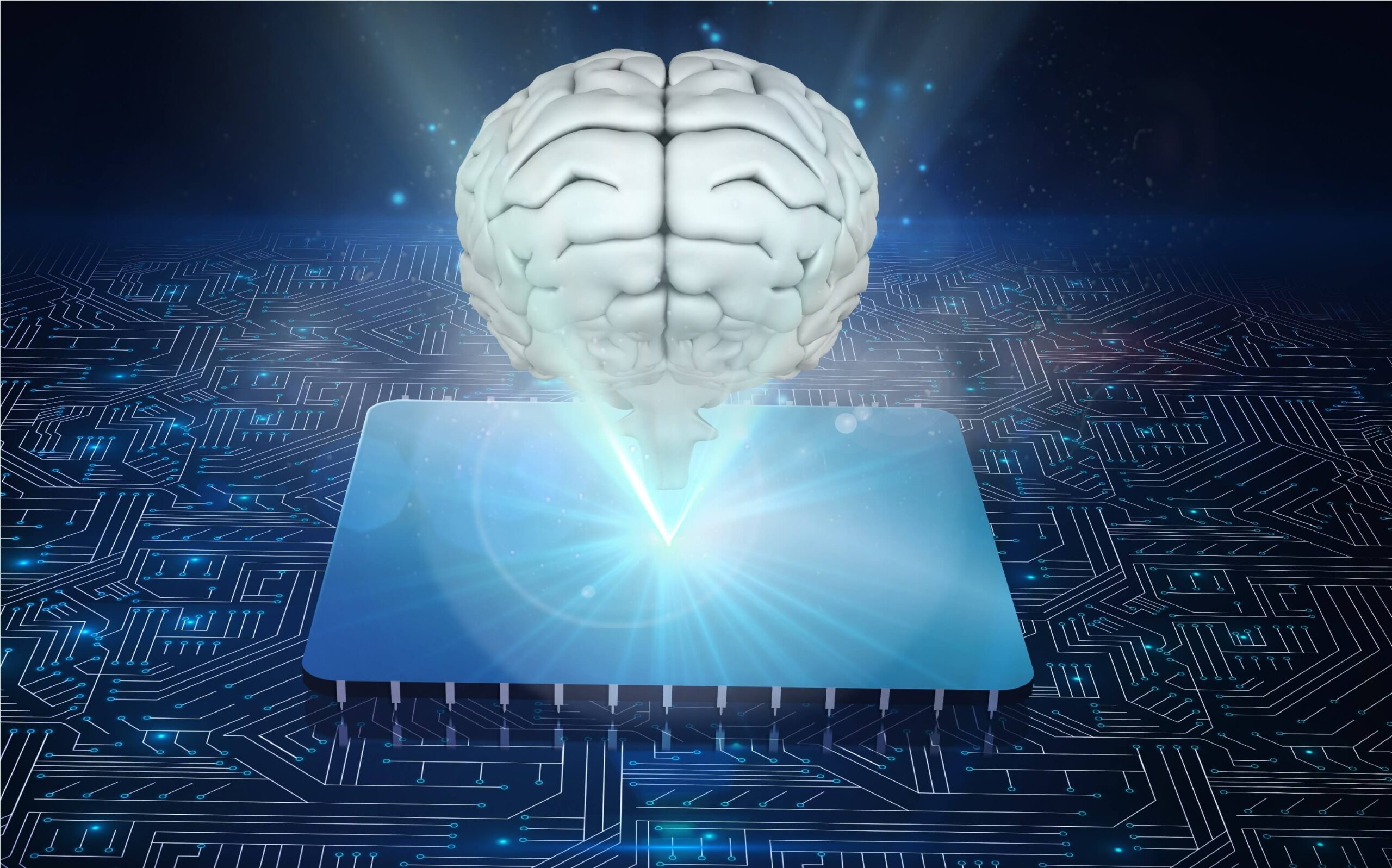What follows is a brief meditation on the nature of consciousness. Consciousness plays itself out on many levels: the individual, the inter-personal, and the collective. Of this we can be certain. Individual consciousness shows itself most poignantly in solitude, inter-personal consciousness in love, hatred or indifference; and collective consciousness in the shared use of symbols to communicate, i.e., language.
Consciousness is embodied. Of that we can be sure. But where, or what, are the boundaries of the body? The brain is certainly an important boundary. Is consciousness separate from the brain, or are thoughts merely epiphenomena of the brain? This question I leave open. An important question is what is the difference in consciousness, if any, between men and women? This last question is of course too general, as in each gender group there is a wealth of differentiation. Consciousness is in many ways a mystery. The present attempts to replicate or improve upon human consciousness in Artificial Intelligence strike me as childish. Rather than meditating on what human consciousness is capable of qua human consciousness, we are pressing forward into technological consciousness. Why, I ask. What is the obsession with artificial intelligence? It is a strange world, indeed. One must put it down to a human need to explore the unknown.
Of consciousness, we may ask the question, is individual consciousness mortal or immortal? The best response that I have arrived at on this topic is memory. Individual consciousness does not survive as an autonomous, thinking entity, but rather continues to act in the memories it leaves behind in those who knew it. An important aspect of consciousness, perhaps the most important, is imagination. And this is where Artificial Intelligence would seem to fall short. Robots can compute, but they lack the ability to imagine. But what is imagination? It is a movement beyond the given into the possible. And certainly, AI engineers exercise their imaginations in trying to re-create consciousness. But their efforts fall far short of what imagination is capable of. I rather suspect that human boredom is part of the problem.
We are seekers and predators by nature, and this drives us on into the artificial. Only time will tell with what effect. The results could be catastrophic, or benign. Much depends on how the society puts artificial intelligence to use. The old saying that the dividing line between madness and genius is entirely appropriate. As we probe the limits the consciousness, we risk losing sight of the balance that defines sanity. Certainly, some forms of madness have as their cause phenomena that psychiatry does not fully understand. And so, we use drugs to temper the deranged minds of the insane. And this is not always a good thing, as we may in some cases be shutting down a proclivity for genius.
But modern consciousness is not much concerned with genius. It has become fully mathematical, and rides on the level plane of numerical thought. There is of course such a thing as mathematical genius, but it is most often found in the form of a restricted formalism. In my view, mathematics poses the greatest threat to consciousness qua imagination in the modern world. It tightens the rope around the neck of other forms of imagination, and this is worrying indeed. Consciousness can be good or evil, and remains to be seen on what side of the fence mathematical consciousness falls.

